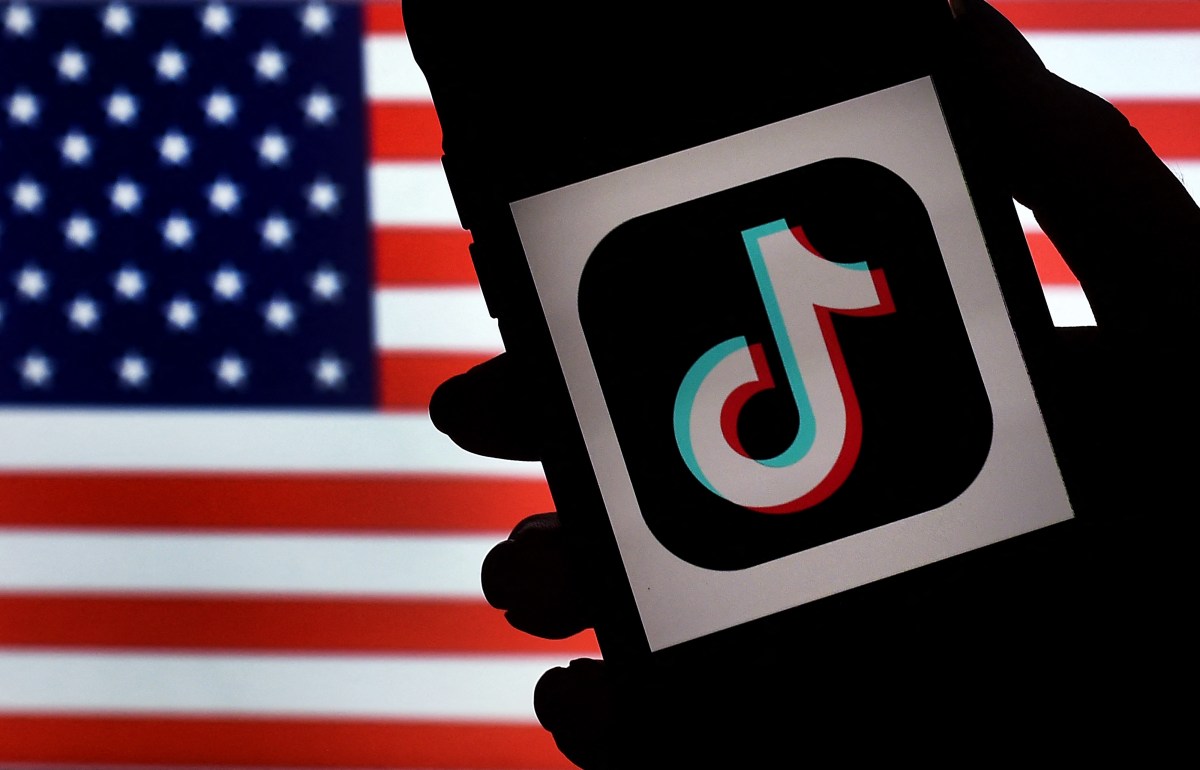TikTok, a social media platform owned by the Chinese company ByteDance, has been at the center of controversy in the United States for four years. The concern surrounds the potential access of user data by the Chinese government. Recently, the app experienced a temporary outage in the U.S., leaving millions of users in suspense before it was quickly restored.
Following the outage, TikTok returned to the App Store and Google Play Store last week, marking a significant development in the platform’s tumultuous relationship with the U.S. government.
Despite the return, the future of TikTok remains uncertain. Several investors are competing for the opportunity to purchase the app, with its U.S. business potentially valued at over $60 billion, according to CFRA Research’s senior vice president, Angelo Zino.
TikTok Ban: What’s Happened So Far
To understand the current situation, it’s essential to revisit the timeline of TikTok’s relationship with the U.S. government, which has led to numerous legal battles and negotiations.
The controversy began in August 2020 when Trump signed an executive order to ban transactions with ByteDance. A month later, his administration attempted to force the sale of TikTok’s U.S. operations to a U.S.-based company, with Microsoft, Oracle, and Walmart emerging as leading contenders.
However, a U.S. judge temporarily blocked Trump’s executive order, allowing TikTok to continue operating while the legal battle unfolded.
The situation progressed further last year with the transition to the Biden administration. The U.S. House of Representatives passed legislation against TikTok in an overwhelming 360-58 vote, and the Senate passed the bill on April 23, 2024.
Subsequently, President Joe Biden signed the bill requiring TikTok to be sold or banned. In response, TikTok sued the U.S. government, challenging the constitutionality of the ban and arguing that the app and its American users’ First Amendment rights were being violated.
Trump Has a Change of Heart

On December 27, 2024, Trump opposed the potential ban of TikTok in a court filing, stating he could find a way to keep the app in the U.S. This stance was a stark contrast to his approach during his first presidency and presented a surprising turn of events for TikTok.
In January, the U.S. Supreme Court upheld the Protecting Americans from Foreign Adversary Controlled Applications Act (PAFACA), commonly referred to as “the TikTok ban.” TikTok made a formal announcement that it would likely have to go dark on January 19.
TikTok Shuts Down and Comes Back Online
Although TikTok indeed shut itself down in the U.S. when the act came into effect, it didn’t last long. The app came back online less than 12 hours later, with the platform noting, “As a result of President Trump’s efforts, TikTok is back in the U.S.”
Where We Are Today
On January 20, Trump signed an executive order that postponed the TikTok ban for 75 days, providing the app with additional time to either sell a stake in the platform or reach an agreement with Trump. His goal is to achieve a 50-50 ownership arrangement between ByteDance and a U.S. company.
No definitive deal has been reached yet for the sale of the platform, but an announcement could be made soon.
Below is a list of the investor groups and companies rumored to be potential buyers of TikTok’s U.S. operations. (Interestingly, Elon Musk is not among them.)

The People’s Bid for TikTok
The People’s Bid for TikTok is a consortium led by Project Liberty founder Frank McCourt, the former owner of the Los Angeles Dodgers. The bid is supported by investment firm Guggenheim Securities and law firm Kirkland & Ellis, with the primary mission of prioritizing privacy and data control through an open-source approach.
Key supporters of The People’s Bid include:
- Kevin O’Leary: A prominent investor and television personality who previously expressed willingness to buy TikTok for $20 billion. O’Leary joined The People’s Bid on January 6.
- Tim Berners-Lee: The inventor of the World Wide Web supports the proposal, stating that users should have control over their own data.
- David Clark: A senior research scientist at the MIT Computer Science and Artificial Intelligence Laboratory, Clark is also a participant in The People’s Bid.

American Investor Consortium
Jesse Tinsley, the CEO and founder of Employer.com, is leading a consortium of American investors. Last week, Tinsley announced a $30 billion all-cash offer to acquire TikTok’s U.S. operations.
- David Baszucki: Tinsley confirmed that the Roblox co-founder and CEO is participating in the consortium.
- Nathan McCauley: The co-founder and CEO of crypto platform Anchorage Digital is also participating in the consortium, according to Bloomberg.

Other Interested Parties
- Bobby Kotick: The former CEO of Activision is reportedly interested in buying TikTok, potentially driven by the opportunity to integrate gaming and social media.
- Steven Mnuchin: The former U.S. Treasury Secretary has reentered discussions about the potential purchase of TikTok.
- Oracle: The company previously bid for TikTok in 2020 and has expressed interest in a 50% ownership stake.
- Walmart: The retail giant may be eyeing TikTok to enhance its e-commerce reach, considering the platform’s influence on consumer shopping behavior.
- Microsoft: The tech giant has shown interest in acquiring TikTok and has recently reentered the bidding process.
- Rumble: The YouTube alternative has announced its intention to acquire TikTok and serve as its cloud technology partner.
- Perplexity AI: The AI search engine startup submitted a bid last month to merge with TikTok’s U.S. operations.
Source Link





